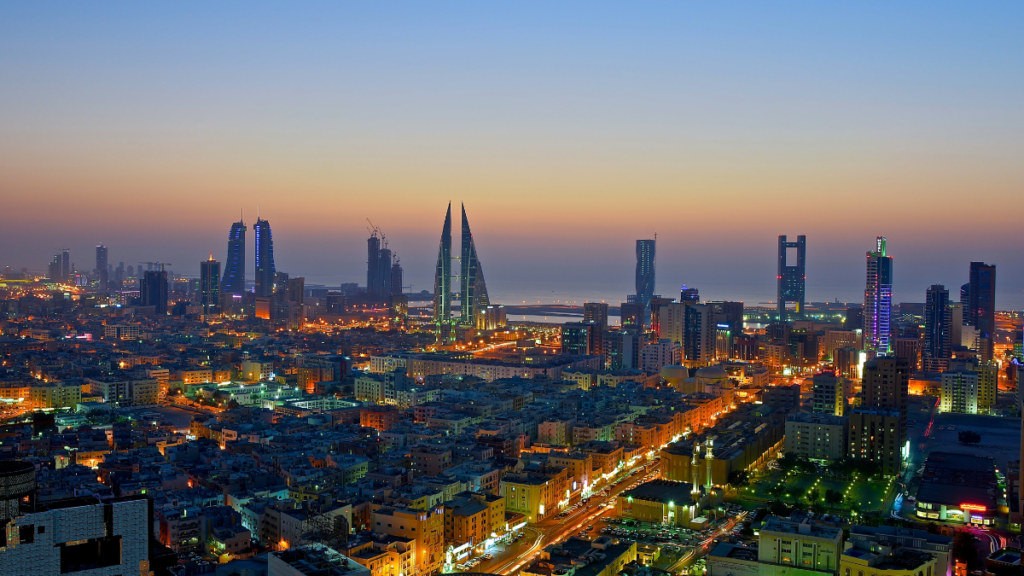Maryam al-Khawaja, a prominent Bahraini human rights activist and the daughter of a political prisoner, is resolutely planning a trip to Manama, despite the perilous risk of detention she faces. Her mission is to raise global awareness about the dire situation of her father, Abdulhadi Al-Khawaja, who is currently participating in a mass hunger strike alongside approximately 800 fellow inmates at Jau Prison.
Abdulhadi Al-Khawaja, aged 62, was sentenced to life imprisonment in 2011 for his role in leading pro-democracy protests across Bahrain.
Two days into his hunger strike, Abdulhadi Al-Khawaja experienced a severe cardiac arrhythmia episode, necessitating his transfer to the intensive care unit (ICU) of a military hospital. Following essential medical intervention, his heart rate stabilized, and he was returned to prison custody, where he continued his hunger strike.
Maryam al-Khawaja expressed her profound concern, stating, “Every passing day, I fear receiving the dreaded phone call informing me of my father’s death in prison. This journey represents my last-resort effort to save his life while shedding light on the plight of over 800 hunger strikers in Bahrain.”
In 2014, Maryam al-Khawaja was sentenced to one year in prison, in absentia, following allegations by Bahraini police that she had assaulted them. However, she maintains that it was the authorities who assaulted her and subsequently fabricated charges against her.
In addition to her prior legal troubles, Maryam al-Khawaja faces four counts of insulting the Bahraini monarch, each carrying a potential seven-year prison sentence. Consequently, her journey to Bahrain is fraught with the looming possibility of imprisonment.
She highlighted the vague and expansive definition of the terrorism law in Bahrain, noting that it could potentially classify the work of human rights defenders as acts of terrorism.
Maryam al-Khawaja is not undertaking this perilous journey alone; a group of individuals has pledged to accompany her, recognizing the high likelihood of her immediate arrest upon arrival in Bahrain.
She candidly expressed her apprehension about returning to Bahrain, saying, “To be honest, I’m terrified about going back. I certainly do not wish to return to prison. I have experienced incarceration, gone on hunger strikes—I know what that ordeal entails.”
Despite ongoing hunger strikes, Bahraini authorities have recently conceded to certain basic rights for political prisoners, including extended visiting hours. However, this response comes after one of the largest hunger strikes in the country’s history began on August 7.
The hunger strike, involving around 800 political prisoners, many of whom were dissidents detained during a crackdown on opposition protests in 2011, continues unabated.
The Bahrain Institute for Rights and Democracy (BIRD) has criticized the government’s delayed response, emphasizing that the hunger strike will persist until prisoners’ concerns are genuinely and earnestly addressed.
The hunger strikers are advocating for improved medical care, access to education, and the ability to pray together in a prison mosque.
Given the gravity of the situation, various human rights organizations, including Human Rights Watch, have called for international support. This plea is especially significant in light of the case of 62-year-old Bahraini-Danish human rights defender Abdulhadi Al-Khawaja, who joined the hunger strike and subsequently required hospitalization.
